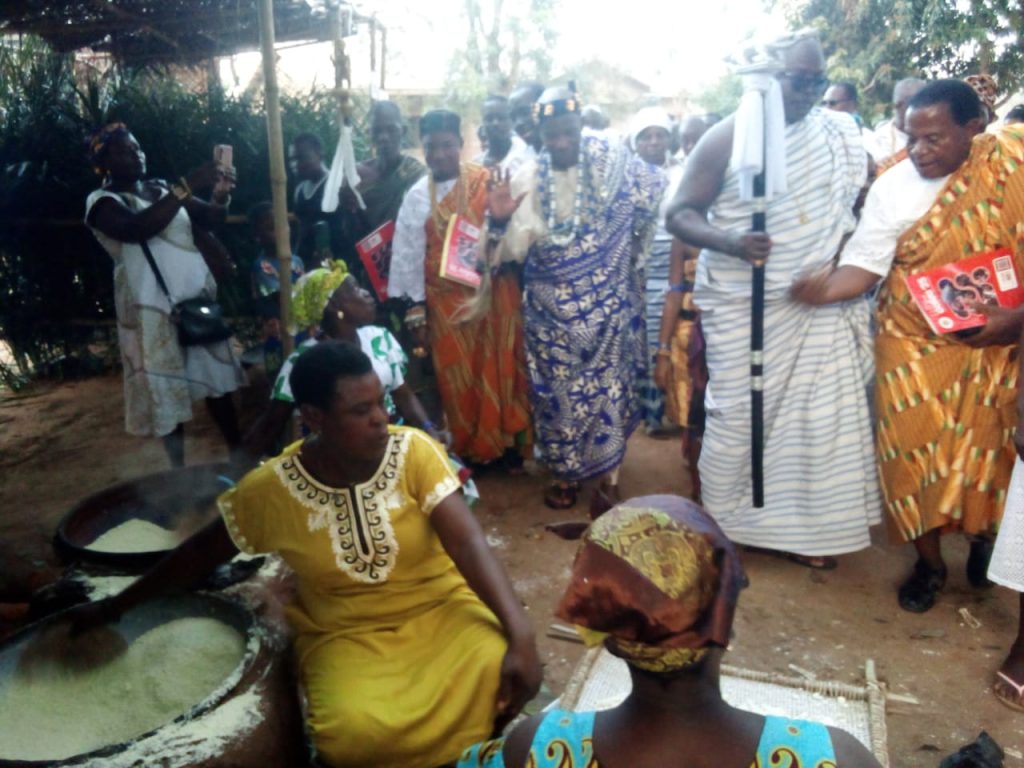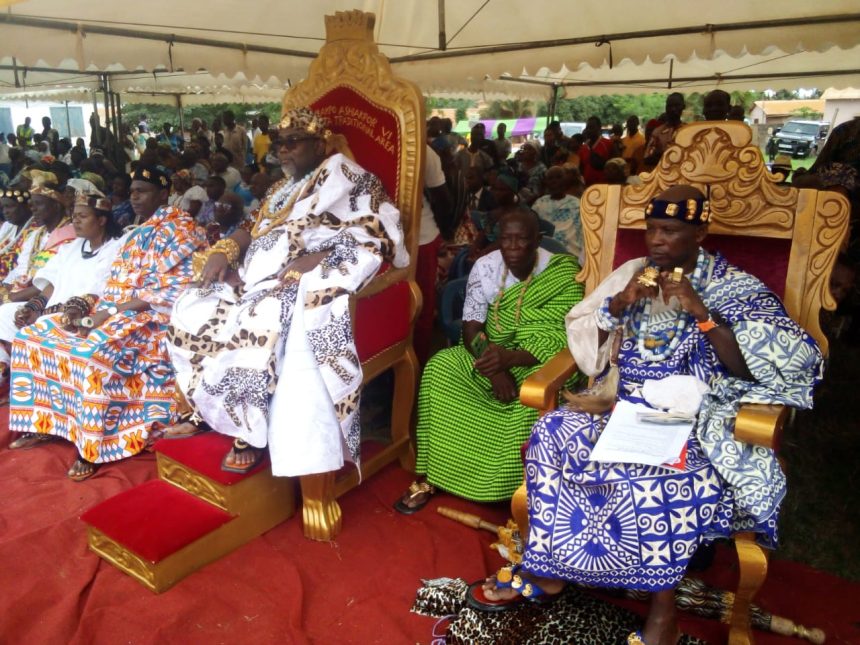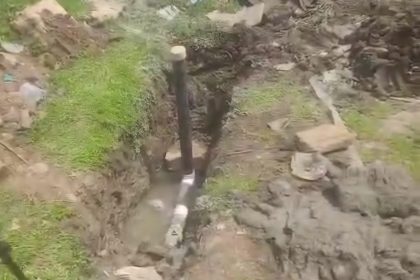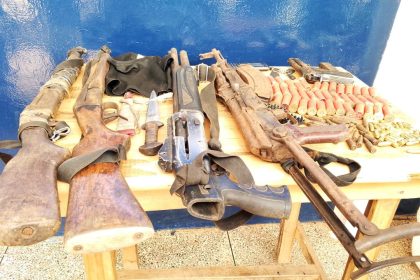The chiefs and people of Ehi in the Ketu North Municipality of the Volta Region have marked the ninth edition of the ‘Ehi Nutome Gali Za’, (festival) with renewed bonds and community development.
The event was on the theme: “Our Collective Responsibility for Community Development.”
The festival, held annually on the last Saturday in September, is agro-based and pays tribute to the people’s unrivalled expertise in the production of ‘gari’, a staple food made from cassava and widely consumed across West Africa.
This year’s theme focused on mobilising citizens to recognise their duty toward community progress and to embrace unity for development.
Ehi, founded as a pluralistic society of diverse ethnic, cultural, and religious backgrounds, has long stood as a beacon of coexistence.
The festival continues to serve as a platform for cultural expression, economic dialogue, and community mobilisation.
Mr Gabriel Tanko Kwamigah-Atokple, the Volta Regional Representative on the Council of State, who served as the Guest of Honour, said it was the collective duty of all citizens to drive development in the area.
“Development is never the task of government alone. It is the shared duty of farmers and traders, youth and elders, leaders and citizens. When we combine our ideas, skills, and resources, no challenge is too great, and no dream too far,” he declared.
Mr Kwamigah-Atokple commended gari producers, traders, and processors for their resilience, describing gari as a product that “tells the story of teamwork, from the farm to the market.”
He pledged to continue working with traditional leaders, Members of Parliament, and development partners to attract investment into agriculture, tourism, and small-scale industries in the Volta Region.
Kwamigah-Atokple urged unity among chiefs, warning that disunity often discouraged investors and cautioned citizens against selling ancestral lands outright to foreigners, advocating instead for leasing arrangements that secured future generations.
Highlighting local infrastructure challenges, he cited road networks, particularly the Metrikasa-Havedzi road as a major concern.
He assured the gathering of his collaboration with Mr Eric Edem Agbana, the Member of Parliament for Ketu North, to bring private investors on board, including plans to establish a gari processing factory in Ehi.
The Municipal Chief Executive (MCE) of Ketu North, Mr. Martin Amenaki, reiterated the government’s commitment to development through the Big Push initiative.
He said communities within Ketu North were benefitting from the construction of the Ho–Aflao road, alongside the Metrikasa–Weta Junction–Havedzi roads.
He further announced plans for the construction of a modern Community-based Health Planning and Services (CHPS) compound at Adzoatsi, the upgrading of Ehi town roads, and Improved access routes linking Ehi to other economic centres.
Mr Amenaki added that the government’s 24-hour economy policy would bring new opportunities in agriculture, trade, and services to the Ketu North area.
Togbui Akpo Ashiakpo VI, the Paramount Chief and President of the Weta Traditional Council, said unity remained central to community development.
“A king’s power is in his people, and the people’s power is in their unity. One hand cannot catch a buffalo’s horns, and a single tree cannot make a forest,” he said.

He noted that Ehi had enjoyed peace and progress largely because of the absence of major land disputes and cautioned the chiefs and elders of the area against the indiscriminate sale of lands, but to rather consider the option of adopting leasing arrangements to preserve wealth for future generations.
The Paramount Chief also commended the government for the launch of the Big Push Project, urging that Ehi and the entire Weta Traditional Area be given priority in road and infrastructure development.
He highlighted challenges such as hate speech and social media misuse, violent conflicts in some parts of the country, inefficiencies in electricity and water supply, galamsey’s destruction of water bodies, and the growing menace of substance abuse, especially among the youth.
He called for decisive interventions in these areas to secure Ghana’s future stability.
Togbui Dzeble Adukpo IV, the Chief of Ehi and Head of the Ehi Division of the Weta Traditional Area, declared the 9th anniversary of the festival a milestone, while inviting all to prepare for a grand 10th anniversary celebration in 2026.
He thanked the chiefs, queen mothers, community elders, the Ehi Development Council, and affiliate communities for their immense contributions towards making the festival a national standard.
He also acknowledged neighbouring towns, particularly Penyi, for their historical bond with Ehi, and celebrated the cultural collaborations with traditional leaders from other regions.
Togbui Adukpo outlined five expectations for his people moving forward, which included Waste Management and Recycling – youth-led clean-up campaigns and school recycling clubs, Mental Health Awareness – peer-to-peer counselling and campaigns against stigma; Civic Participation – by-laws to mobilise citizens for town hall meetings and community projects.
Others were; Women and Youth in Food Processing – partnerships with government and entrepreneurs for value addition to gari and other staples and Community Service – encouraging educated youth to give back through voluntary service in health, education, and environmental projects.
He encouraged farmers and small businesses to take advantage of new microfinance opportunities in Ehi to expand their ventures.
The Ehi Nutome Gali Za has since its revival in 2016, become a major catalyst for cultural enrichment, unity, and economic growth.

The festival does not only celebrate ‘gari’ production but also provides a platform for dialogue on development, investment, and youth empowerment.
This year’s edition once again reaffirmed the people’s belief that development is a collective responsibility
GNA






